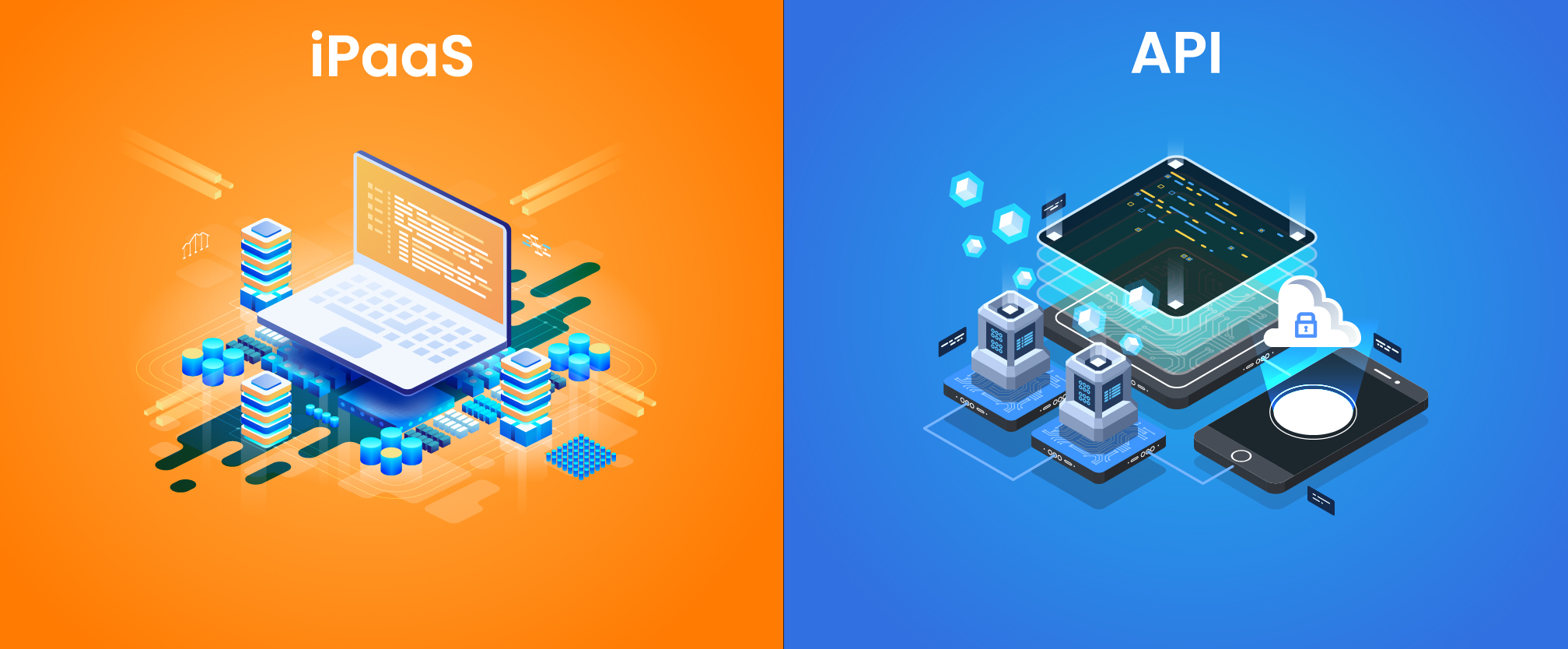Are you prepared to tackle the Project Management Professional (PMP) exam head-on? Before diving in, have you acquainted yourself with the critical roadmap: the eight PMP domains? These domains serve as the cornerstone of your exam success. To equip yourself adequately for the journey ahead, let’s delve into each domain and break down its complexities. Here’s a primer on the fundamental aspects of the eight PMP domains to kickstart your preparation.
1) Stakeholders

Stakeholders in project management are individuals or groups with a vested interest in the project’s outcome. They can range from clients to team members, sponsors, regulatory bodies, and anyone impacted by the project’s results. Understanding their significance is crucial because they wield considerable influence over the project’s success.
Stakeholders matter for several reasons:
- Input and Perspective: Stakeholders provide diverse viewpoints, insights, and requirements that help shape the project’s goals and objectives. Their input ensures that the project meets the needs and expectations of all involved parties.
- Resource Allocation: Stakeholders often control valuable resources, including funding, personnel, and materials. Understanding their priorities and needs allows project managers to allocate resources effectively and optimize project outcomes.
- Support and Buy-In: Engaging stakeholders early and involving them in decision-making processes fosters buy-in and commitment to the project’s success. When stakeholders feel valued and included, they are more likely to support the project and contribute to its success.
- Risk Management: Identifying and addressing stakeholder concerns early in the project lifecycle helps mitigate potential risks and challenges. Proactively managing stakeholder relationships reduces the likelihood of conflicts and obstacles derailing the project.
In summary, stakeholders are pivotal in project management, shaping project direction, providing resources, and determining overall success. Effective stakeholder management entails recognizing their importance and actively involving them throughout the project lifecycle to achieve successful outcomes.
2) PMP Domains: Team

The team domain is vital in project management, encompassing all activities and roles of those responsible for executing project deliverables and achieving business goals. At its core, the project team consists of individuals dedicated to reaching the project’s objectives together. Establishing an environment conducive to the team’s evolution into a high-performing unit is paramount.
Within the team domain, several guiding principles drive this effort:
- Clarity in Roles and Responsibilities: Clearly defining roles and responsibilities fosters accountability and transparency within the team, promoting efficient collaboration and task completion.
- Communication and Collaboration: Building open channels of communication encourages collaboration and facilitates the seamless exchange of ideas, fostering synergy and alignment toward shared objectives.
- Motivation and Support: Creating a supportive atmosphere and acknowledging individual contributions motivates team members, instilling a sense of purpose and dedication to the project’s success.
- Conflict Resolution: Addressing conflicts constructively and fostering a culture of respectful dialogue ensures that challenges are resolved swiftly, allowing the team to maintain focus and momentum toward achieving project goals.
By focusing on advanced team development, fostering leadership qualities among all team members, and nurturing a culture of collective responsibility for project outcomes, project managers can establish a strong team structure. Prioritizing these elements lays the foundation for a cohesive and empowered team capable of surmounting obstacles and delivering outstanding results.
3) PMP Domains: Development Approach and Life Cycle

The domain of development approach and life cycle delves into the intricacies of project development methods, rhythms, and life cycle stages. It encompasses activities related to selecting the most suitable approach for project development, whether predictive, adaptive, or a hybrid model.
Key points to consider include:
- Tailoring the development approach to suit the project deliverables, whether predictive, adaptive, or hybrid.
- The influence of project deliverables and the chosen development approach on the frequency and timing of project deliveries.
At its core, this domain focuses on aligning project deliverables with the chosen development approach. The nature of the deliverables determines the approach taken, which in turn impacts the frequency and timing of project deliveries. By carefully evaluating these factors, project managers can optimize the development process to efficiently meet project objectives.
4) PMP Domains: Planning

The planning domain encompasses activities and functions necessary for organizing, coordinating, and delivering project outcomes. It occurs at the project’s outset and continues throughout its duration, adapting to evolving needs and circumstances. The extent and timing of planning depend on factors such as the project scope, methodology, stakeholders, and objectives.
Initial planning lays a crucial foundation for project success, ensuring clarity of objectives, roles, and expectations among stakeholders. However, planning is not a one-time event; it is an ongoing process. Continuous planning enables us to address challenges, optimize resource utilization, and maintain project momentum. By proactively planning, we mitigate risks, seize opportunities, and enhance overall project performance.
Think of planning as a roadmap guiding us through the project journey. It provides direction, helps us navigate uncertainties, and facilitates adaptation to changing circumstances. Ultimately, effective planning is essential for achieving project goals and delivering value to stakeholders.
5) PMP Domains: Project Work

The project work domain is all about execution and operational excellence. It encompasses the implementation of project processes, resource management, and fostering a conducive environment for learning and growth.
At its core, project work involves translating plans into action and ensuring the smooth functioning of all project-related activities. This entails effective communication with team members, engagement with stakeholders, efficient management of resources, procurement activities, and other tasks essential for maintaining project momentum.
In essence, project work aims to ensure that all components of the project operate seamlessly, akin to a finely tuned machine. By optimizing processes and managing resources effectively, project teams can deliver the expected value and outcomes, driving project success and stakeholder satisfaction.
6) PMP Domains: Delivery

The delivery domain is dedicated to achieving project objectives and upholding quality standards. Projects are instrumental in executing strategies and furthering business objectives. Delivery entails meeting requirements, adhering to scope, and ensuring quality to produce desired outputs that drive intended outcomes.
Projects generate business value by introducing new products or services, resolving issues, or enhancing existing processes. They may adopt diverse delivery approaches, releasing deliverables periodically throughout the project lifecycle, at key milestones, or upon project culmination. Importantly, the value derived from projects often persists beyond completion, providing ongoing benefits to the organization.
7) PMP Domains: Measurement

In the measurement domain, the primary focus lies in monitoring and evaluating project performance to ensure its ongoing acceptability. This entails assessing project progress and taking necessary actions to maintain optimal performance. Measurement involves evaluating the alignment of project deliveries and performance with intended outcomes.
Timely and accurate information regarding delivery and performance is crucial for the team to learn and determine appropriate actions to address any deviations from desired performance. By monitoring and evaluating project performance effectively, teams can proactively address issues, draw insights from their experiences, and continually enhance their performance throughout the project lifecycle. Utilizing performance data to inform decision-making enables teams to improve work quality and project success.
8) PMP Domains: Uncertainty
In the uncertainty domain, the primary focus centers on managing the inherent risks and uncertainties encountered in project management. This domain involves activities related to identifying, assessing, and mitigating risks throughout the project lifecycle. Projects operate within environments characterized by varying levels of uncertainty, which present both challenges and opportunities for project teams to navigate.
Uncertainty encompasses a range of factors, including risks stemming from unknown future events, ambiguity regarding current or future conditions, and complexity arising from dynamic systems with unpredictable outcomes. Project teams must develop strategies to address risks, seize opportunities, and effectively navigate uncertain conditions.
By adopting proactive approaches to uncertainty management, project teams can bolster their resilience, minimize potential negative impacts, and increase the likelihood of project success in dynamic and uncertain environments.
Summary
As we conclude our journey toward PMP exam readiness, it’s crucial to reflect on the significance of each of the eight PMP domains. These domains offer invaluable insights into various facets of project management, spanning from stakeholder engagement to risk management. Mastery of these domains, both in theory and practice, is fundamental for success in the exam and real-world project scenarios.
As you continue your exam preparation, prioritize understanding and application of the principles within each domain. Dedicate time to reviewing and practicing exam questions associated with each domain to ensure comprehensive comprehension. Additionally, leverage study tools like online courses, study guides, and practice tests to enhance your knowledge and confidence.
Remember, success on the PMP exam goes beyond mere memorization; it hinges on the ability to apply project management principles effectively. To seal your success, delve into the Top Project Management Methods. Stay committed and trust in your capacity to attain PMP certification. With dedication, perseverance, and comprehensive preparation, you’re set to embark on a fulfilling journey toward PMP exam triumph and advancement in your project management career. Best of luck on your exam!




